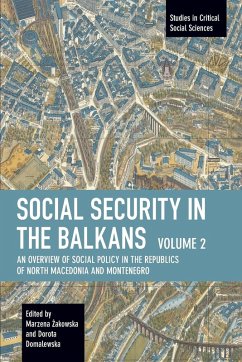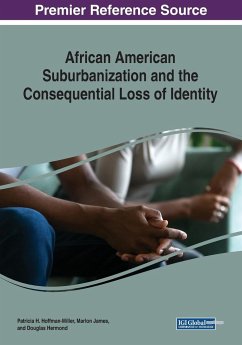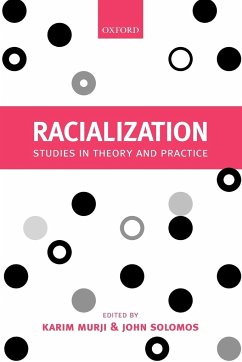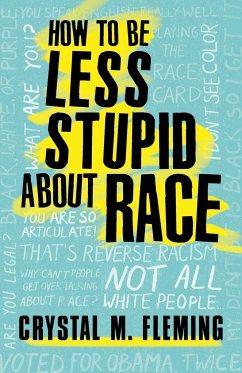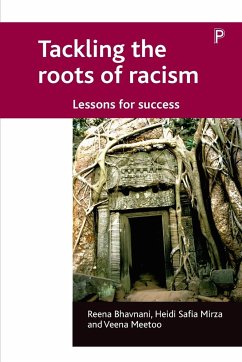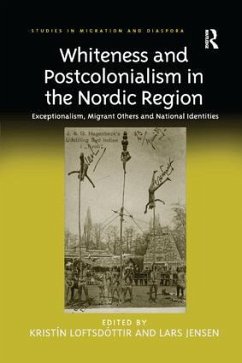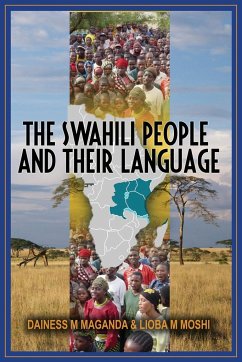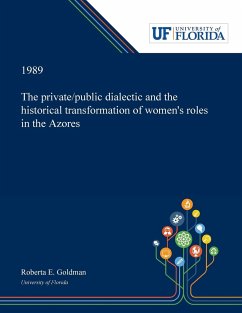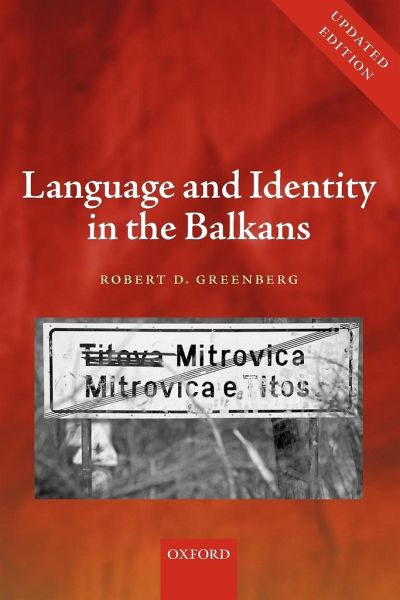
Language and Identity in the Balkans
Serbo-Croatian and Its Disintegration
Versandkostenfrei!
Versandfertig in 1-2 Wochen
41,99 €
inkl. MwSt.

PAYBACK Punkte
21 °P sammeln!
Language rifts in the Balkans are endemic and have long been a symptom of ethnic animosity and a cause for inflaming it. But the break-up of the Serbo-Croat language into four languages on the path towards mutual unintelligibility within a decade is, by any previous standard of linguistic behaviour, extraordinary. Robert D. Greenberg describes how it happened. Basing his account on first-hand observations in the region before and since the communist demise, he evokes the drama and emotional discord as different factions sought to exploit, prevent, exacerbate, accelerate, or just make sense of the chaotic and unpredictable language situation. His fascinating account offers insights into the nature of language change and the relation between language and identity. It also provides a uniquely vivid perspective on nationalism and identity politics in the former Yugoslavia and its successor states. "The book will become a classic reference for those who wish to study the dramatic rise and fall of the language-formerly-known-as-Serbo-Croatian." - Award citation.
Against a backdrop of the ethnic strife in the Balkans and the collapse of Yugoslavia in 1991, Robert Greenberg describes how the languages of Croatia, Bosnia, Kosovo, Serbia, and Montenegro came into being and shows how their genesis reflects ethnic, religious, and political identity. His first-hand observations before and after Communism offer insights into the nature of language change and the relation between language and identity.





